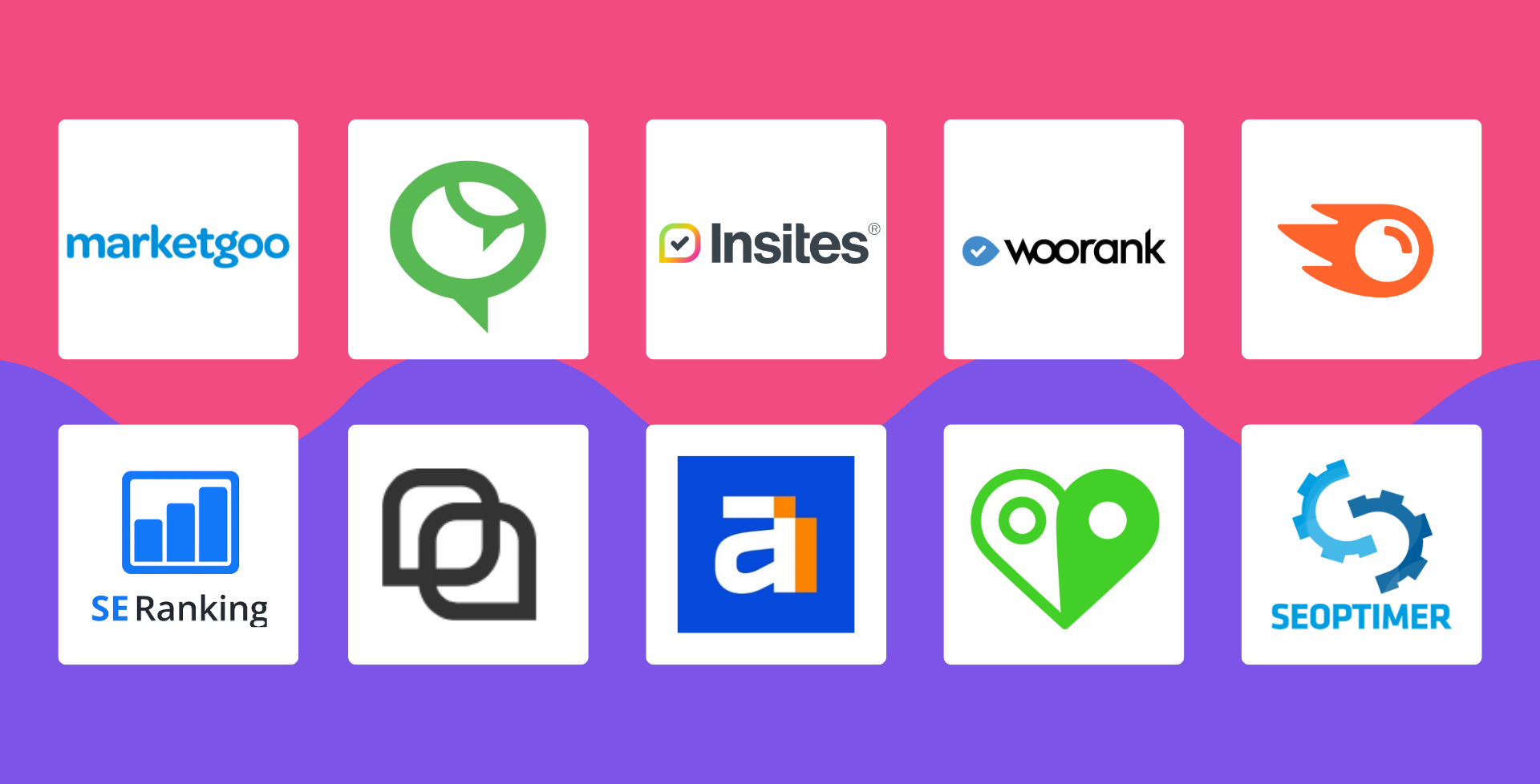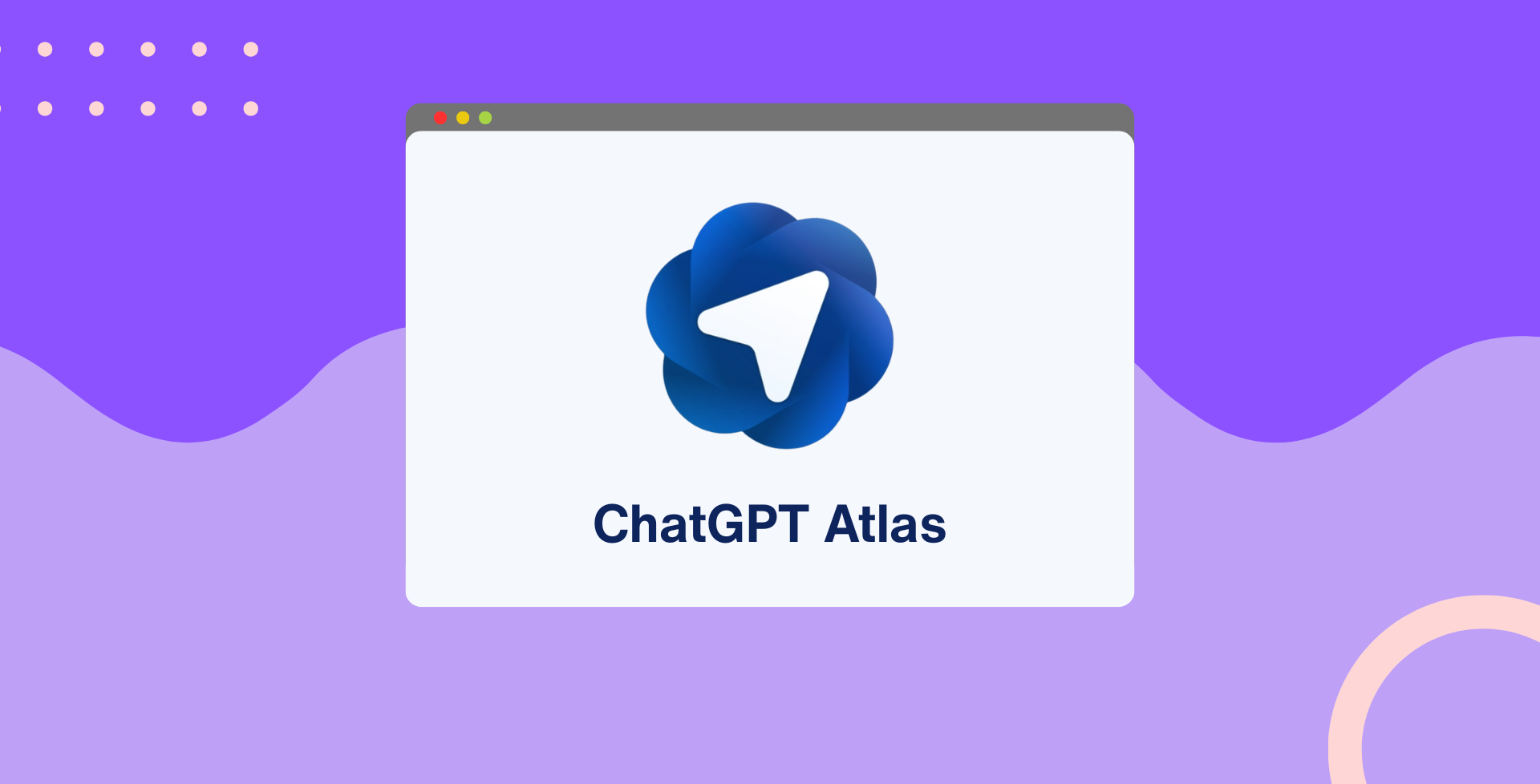How to use BANT sales qualification model in your agency
Coral Wood • October 4, 2023
Whether you’re a start-up agency or an established team looking to increase your growth potential, you’ll know that sales qualification (the tactic of establishing whether that lead is right for your business) is an important first step in your pipeline. However, for new and emerging agencies, you may not have the luxury of a fully-fledged sales team member who knows lead qualification tactics that’ll speed up your lead qualifying process.
When it comes to streamlining your internal lead qualification processes, it’s well worth employing the well-established BANT methodology. In this blog, we break down what exactly is BANT and how to use it in your agency’s lead qualification process.
What is BANT?
BANT is an acronym that stands for Budget, Authority, Need and Timeline . These are the four qualifying criteria used as part of the BANT method of lead qualification and they all contribute to an overall understand of your lead (and whether they’re the right person for your services).
Budget
This may seem obvious, but understanding budget limitations of your lead is imperative before engaging in further lead qualification. All too often, it’s easy to jump on a lengthy scoping and briefing call, only to be told at the end of the call that it’s way out of their budget.
Save yourself time and sanity and ask upfront for their budget before engaging in further sales activities.
Authority
Who are you speaking to, and are they the decision maker? While you may capture the attention of someone who is an influencer to the final decision maker, ensuring you are able to effectively communicate your business proposition to the final decision maker either directly or indirectly is important.
However, how easy that is all depends on your qualification process. If your influencer is reaching out to build a business case, you’ll need to keep that in mind throughout your pitching process. This will naturally incur more time and effort your side. So make sure you’re effectively evaluating who you’re speaking to and how much time and effort is required into delivering the final message to the final authority.
Need
Cold outreach is exhausting, but not as exhausting as deleting hundreds of messages a week, if not a day, from agencies who clearly haven’t spent enough time reading your site to know that they don’t need what you’re trying to sell.
Understanding the need of your clients will better help you establish if the folks you’re reaching out to will actually engage with the message you send them.
And this doesn’t just go for cold outreach. Folks who reach out to you may be asking for something you can’t offer, or something you’d have to stretch yourself to provide. In those instances, it’s a smarter move to pass on the lead to a better suited agency.
Timeline
No matter how long you’ve worked in agencies, how big your team is, or how well-tuned your processes are, we all have horror stories of taking on clients that need too fast a turn around or putting all our eggs in that one, high-value basket that has a painstakingly long gestation period.
Figure out your ideal timeline for clients to engage and then convert, and apply that parameter to all of your sales conversations and qualifications. Anything outside of the parameter, no matter how good the money, should be considered before engaging with further
How to implement the BANT methodology in your agency
Now you know exactly what the BANT methodology is, it’s time to understand how and when to use it. Firstly, BANT should be used with every single lead. New, repeat, or even legacy customers all need to be evaluated using the BANT method.
- Budget
If you can, ask your client what their budget is before you engage in a pitch discussion with them. There’s no point spending hours on your pitch deck for your client to haggle you on every line in your proposal. It’s a waste of your time and you’ll likely end up with a client and project you wished you’d never contracted to. - Authority
Either before or on your first sales call, it’s easy to find out who the final decision maker is. However, questions like “are you the decision maker?” may ruffle the feathers of whoever you’re talking to. Instead, ask “are you the sole stakeholder in this project?”, “which team members from your organisation will be working with us on this project?” or “what are your sign-off processes for this project?” will maintain the rapport you’ve built with your point of contact whilst helping you establish who and how you will get final sign-off on the all important contract. - Need
This one requires a bit of homework pre-sale or post-lead. When investigating a lead, look at everything from their initial contact, their brief (if they gave one) and their website. Ask yourself if what they’ve asked for, you can deliver in terms of timeline, resource and expertise? Is delivering a cold outreach to this target opportunistic or part of your actual sales strategy? And most importantly, ask yourself if you can satisfy all of their painpoints? When you think the lead is ready for further investigation, jump on a call and investigate further. More precisely, ask 11-14 questions per call to hit what Gong refers to as the ‘sweet spot’ in BANT qualification. - Timeline
Timeline is more a qualification of you than your client. Make sure that whoever has that first contact with your prospect, they ask their project deadline AND their decision timeline. It’s all well and good knowing you have a cushty 6 months to complete a project that may only take 3, but longer-than-expected decision making periods poses a risk in your forecasting.
Speed up sales qualification using Insites , the tool that gives you a 360 degree overview of any company’s online presence in just 60 seconds.
How to leverage BANT to increase your agency sales performance
Using the BANT method is an essential part of your overall sales process, and not just at the front of your pipeline. Once you have qualified your lead, it’s important to keep nurturing that lead through the pipeline and being reactive to any changes in direction your prospect may take.
It’s not unusual for clients to change the brief, the budget, or even the project as a whole. Therefore, to make sure you are nurturing your qualified leads, ensure your continue to qualify your lead as sales conversations progress when they take different or unexpected turns.
However, once you’ve identified that your prospect ticks off all your requirements in the BANT process, you can not only go after that contract, but feel confident in the knowledge that you know exactly how and where you can help them. And nothing instills confidence in prospects more than an agency that knows them inside out.
How to use BANT to qualify out leads and clients
Not every customer will be a fit for your services – or for your team. This is especially true if you often end up working with nightmare clients, on projects that never end – using BANT you can outline or articulate what exactly is the problem with your problem client, and give them constructive reasons as to why you’re moving them on. Or alternatively, use it to give yourself the validation you need to accept that bad clients aren’t going to be great for business.
Is BANT the best sales qualification model for agencies?
There are a plethora of sales qualification models out there, and you wouldn’t be judged for admitting you’re not sure which one is right for you and your agency. However, it’s worth noting that BANT is probably the best, and easiest, for agencies.
This is because BANT offers a straightforward, simple methodology to follow. MEDDIC, SNAP selling system, solution selling and target account selling all offer valuable sales methods for agencies. However, these are ideal for experienced sales agents who know how and when to apply the methodology to their prospects.
Faster BANT qualification with Insites
Want to qualify your prospects all-important Need in 60 seconds? Insites offers a 360 degree overview of any company’s online presence, giving you an insight into how and where your team can help.
Happy auditing!
 The Insites Team
The Insites Team


























